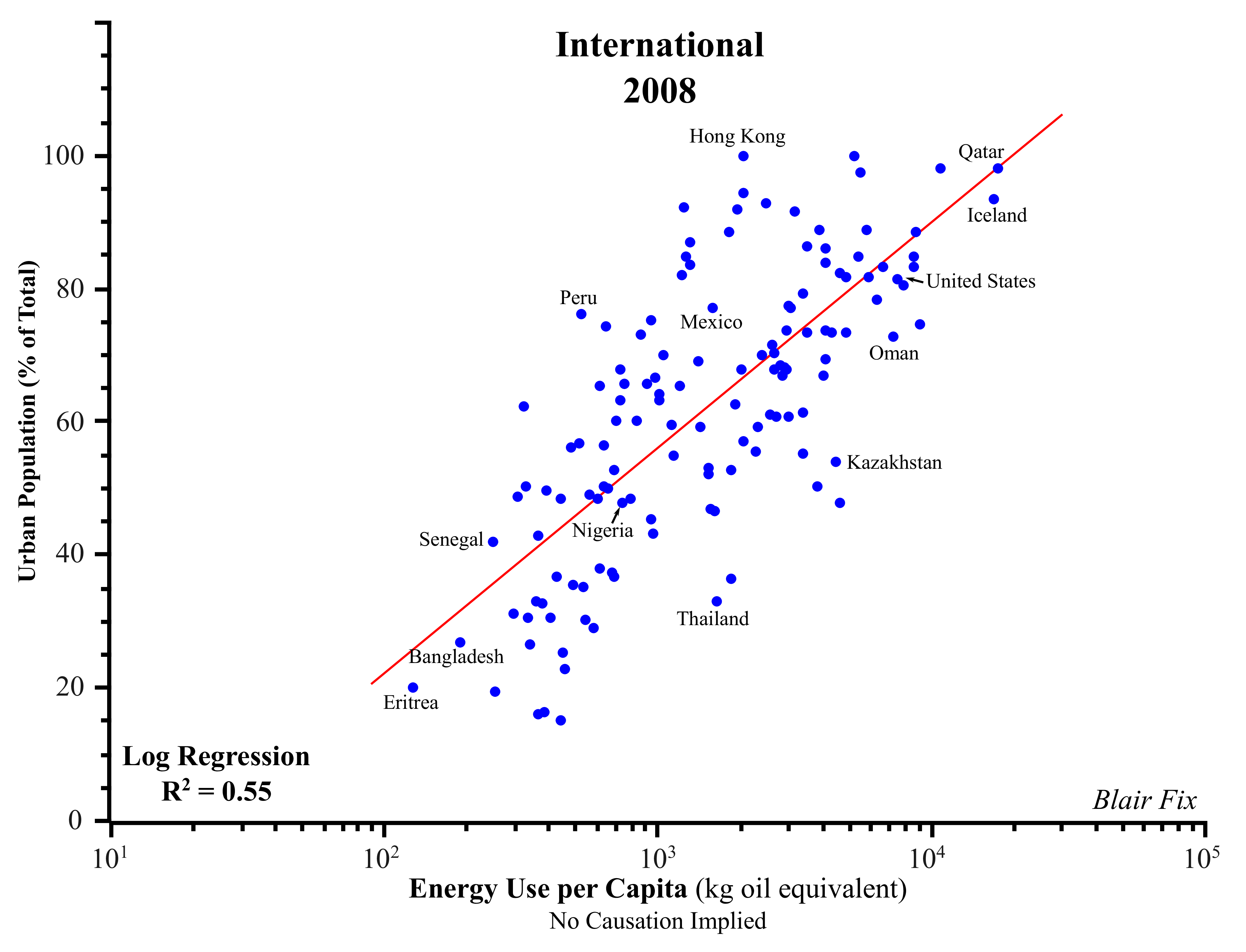2 Urban Degrowth
2.1 Imaginary: Urban Downscaling - Exiting the Economy
Memo Mastini:
Decommodifying essential services is also a way for breaking the ‘productivist nexus’ (the twin societal goal of full-time employment and perpetual growth) and, therefore, beginning to downscale the metabolism of our economic system. Imagine if we were to even just partially decommodify the housing stock by expanding public housing and capping the price of private housing at half its present level. Citizens would suddenly be able to work and earn significantly less than they presently do without any loss to their quality of life. The economy would produce less as a result, but it would also need much less. In such an economy private wealth (or GDP) may shrink reducing the incomes of corporations and the very rich, but public wealth would increase, significantly improving the lives of everyone else. And given the overwhelming scientific evidence on the limits of decoupling GDP growth from environmental impacts, this is the only way to meet our climate commitments.
Memo Savini:
A systemic imaginary of transition, degrowth is a ‘source of hope and dreams’ for a more equitable and sustainable society that has ‘exited the economy’.
Outlines three transitions toward urban degrowth, arguing for a regional imaginary of polycentric autonomism, a paradigm of finity in development, and care for habitability as principle of spatial organization.
A degrowth perspective couples the critique of contemporary market economies with the prefiguration of a society emancipated from the imperative of competition.
A degrowth imaginary begins from evidence indicating the impossibility of decoupling economic growth from environmental destruction
Against the hegemony of growth in (eco)modernist thinking, degrowers call for a de- commodification of nature, labour, land, and housing and for an ethic of solidarity, coop- eration, and wellbeing.
Against consumerism - a cultural shift toward values of buen vivir, sufficiency, and simplicity
In sum, degrowth is a project of transitioning systematically toward a new society.
First, the paper argues for an imaginary of regions as polycentric federations of autonomous settlements. Second, it calls for a planning paradigm led by principles of finity in urban development. Third, it proposes to mobilize the notion of habitability in shaping of socio-spatial relations.
Rethink cities as dynamic sites of deceleration, regeneration, and redistribution.
Urban degrowth research has largely demonstrated the capacity of real-life practices of urban dwelling to plant the seeds of a more cooperative, symbiotic and democratic urban society.
